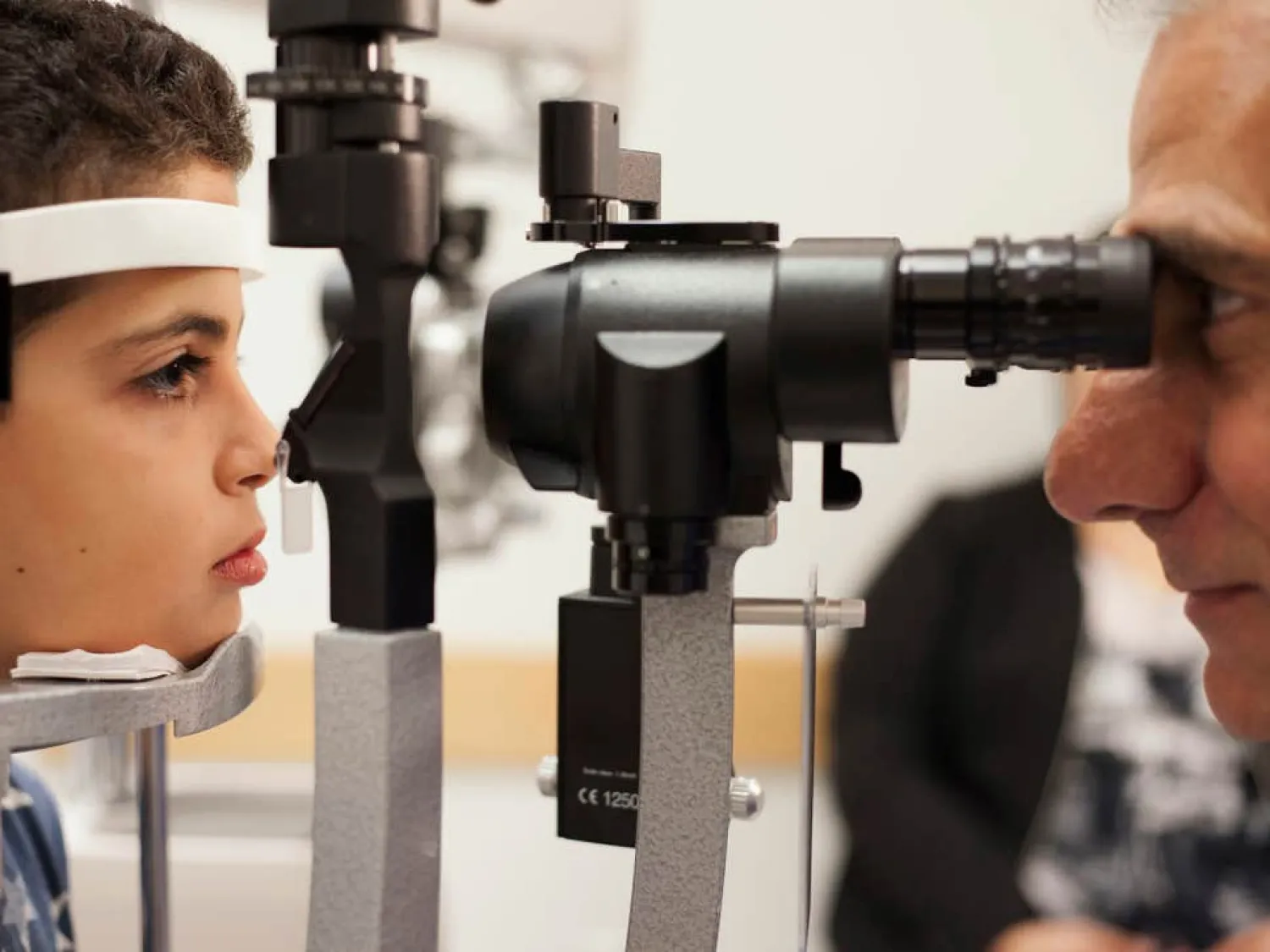The Saudi Food and Drug Authority (SFDA) has approved registration of a genetic medicine for the treatment of hereditary loss of sight that could lead to blindness.
Luxturna (voretigene neparvovec), the revolutionary new treatment, is deemed the first genetic treatment in Saudi Arabia that targets mutations in a specific gene.
Luxturna has been approved for the treatment of adults and children suffering from sight loss due to inherited retinal disorder caused by genetic mutation of the gene "RPE65". The genetic mutation prevents the body from producing a protein that is necessary for vision, hence, leading to sight loss and ultimately to entire loss of vision and blindness.
The SFDA said that the effective substance in the drug is a modified virus containing an active replica of the gene "RPE65". After injecting the substance, this gene is transferred to the retina cells, the layer in the rear part of the eye that identifies light. This enables the retina to produce the protein necessary for vision. The virus used for transferring the gene does not cause any disease to humans.
The SFDA has confirmed that tests have been conducted on the efficacy and safety of Luxturna, based on a third degree clinical study conducted on 31 volunteers. It measured the rate of change and improvement in the patient's ability to track and move in a specific path in different degrees of light. It was noticed that the vision of the patients, who used Luxturna, improved as seen from their ability to move from one place to another and follow a specific route fitted with dim lights.
The most common side effects of Luxturna are eye redness, cataracts, hypertension and sub-retinal residues. Still, the potential benefits of Luxturna outweigh the potential risks.
Luxturna was registered in the US and EU regulatory authorities in late 2018. Accordingly, the SFDA has given it the registration priority through the documentation and bridging program aimed at accelerating the approval of human medicines.









